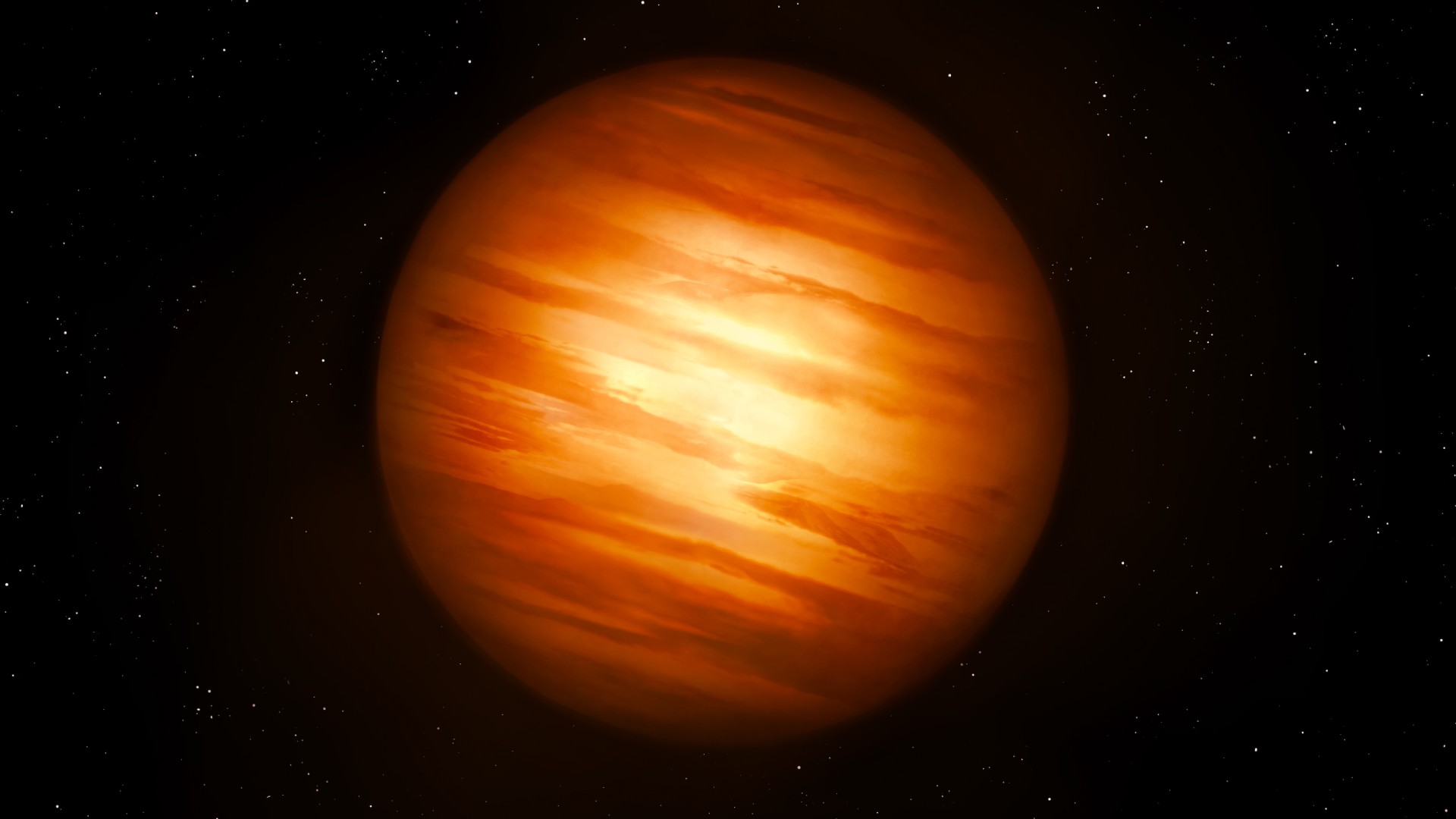Chinese Film 'The Wandering Earth' Imagines a Journey to a New Sun
Humanity turns Earth into planet-size spacecraft in epic Chinese movie.
Breaking space news, the latest updates on rocket launches, skywatching events and more!
You are now subscribed
Your newsletter sign-up was successful
Want to add more newsletters?
China's 2019 blockbuster movie "The Wandering Earth," based on the novel by Liu Cixin, takes audiences on a epic journey outward through the solar system.
The 125-minute film directed by Frant Gwo is currently the second highest-earning film in the history of Chinese cinema, according to the entertainment website Deadline. As of March 15, the film had grossed over $692 million worldwide.
The great human odyssey of "The Wandering Earth" is told with fantastic visual effects and a talented cast of actors. The story begins in somewhat contemporary times, when humanity pulls together to make a desperate attempt to flee the sun's volatile activity. Governments around the globe join forces to construct hundreds of thruster engines across the planet's surface to propel Earth toward a new home around another star well beyond the solar system.
Related: Best Space Books and Sci-Fi for 2019
To make the centuries-long trip across space, humanity has to make many changes. Humans dwell in subterranean communities, and occasionally, crews ascend to Earth's frozen surface to ensure the engines are fueled and running. The International Space Station becomes a monumental gyroscope-shaped spacecraft sent farther out in the solar system to facilitate the blue planet's navigation past Jupiter.
Meanwhile, Earth travels toward the gas giant for a massive gravity assist to slingshot out of the solar system. In real life, gravity assists — on a smaller scale — are common practice. For example, the Parker Solar Probe mission, which launched last summer, is scheduled to use about two dozen assists from Venus to approach the sun.
The movie is worth watching if you love all things Jovian: The imagery of Jupiter's streams and its Great Red Spot are mesmerizing, especially as Earth approaches it and succumbs to a planetary tug-of-war. And in one particularly epic chapter of the story, Earth's horizon fills up with the sight of the Jovian atmosphere.
Breaking space news, the latest updates on rocket launches, skywatching events and more!
The film does an excellent job of hiding exposition within heartfelt conversations among three generations of the protagonist's family, and the drama is balanced out among the many key players. The film also features a HAL-like sentient computer called MOSS as its antagonist.
The film unfolds at a rather gentle pace considering its complex plot-driven story, and audiences can therefore savor the movie's incredible cinematography.
"'The Wandering Earth' looks better than most American special-effects spectaculars," film critic Simon Abrams wrote in a film review published on RogerEbert.com, "because it gives you breathing space to admire landscape shots of a dystopian Earth that suggest old fashioned matte-paintings on steroids."
Still, there are a few criticisms to be made about the film. If the world is collaborating at an unprecedented scale to accomplish the mission, why not imagine more diversity in race and gender in its change-makers? There is also something to be desired when the global intercom communications system announces important updates about Earth's status in multiple languages and never speaks Spanish, for instance, which Ethnologue lists as the second most-spoken language in the world, but does feature a whole lot of spoken French, ranked 16th on that same 2019 list of languages. Arabic was also absent in the film. And though the creators may have their reasons, it's worth noting the impact science fiction has on shaping the public's mental landscape of what may come.
"The Wandering Earth" is creatively told, exciting to watch and does away with the trope that blockbusters are just eye candy: Audiences are invited to imagine what the future will indeed be like for our vulnerable planet.
"The Wandering Earth" is currently being screened in select theaters and has been picked up for future release by Netflix.
Check out some awesome stills from the movie below:
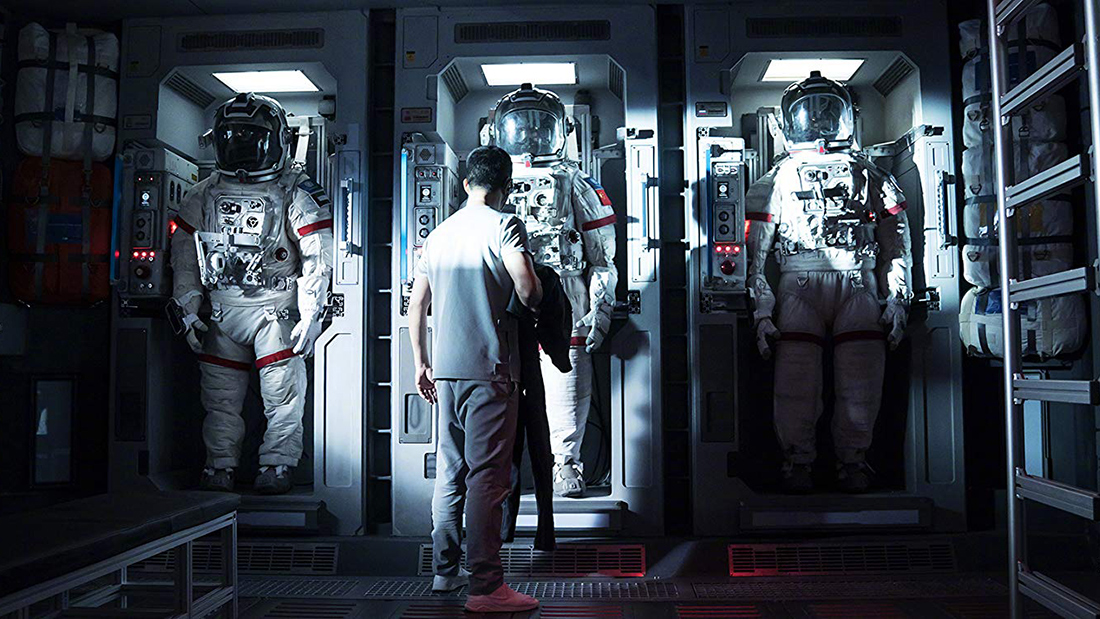
Ready for a Fight
As the Earth traverses the Universe in search of a new star system, unanticipated dangers lead to an unlikely group stepping up to protect it and its inhabitants.
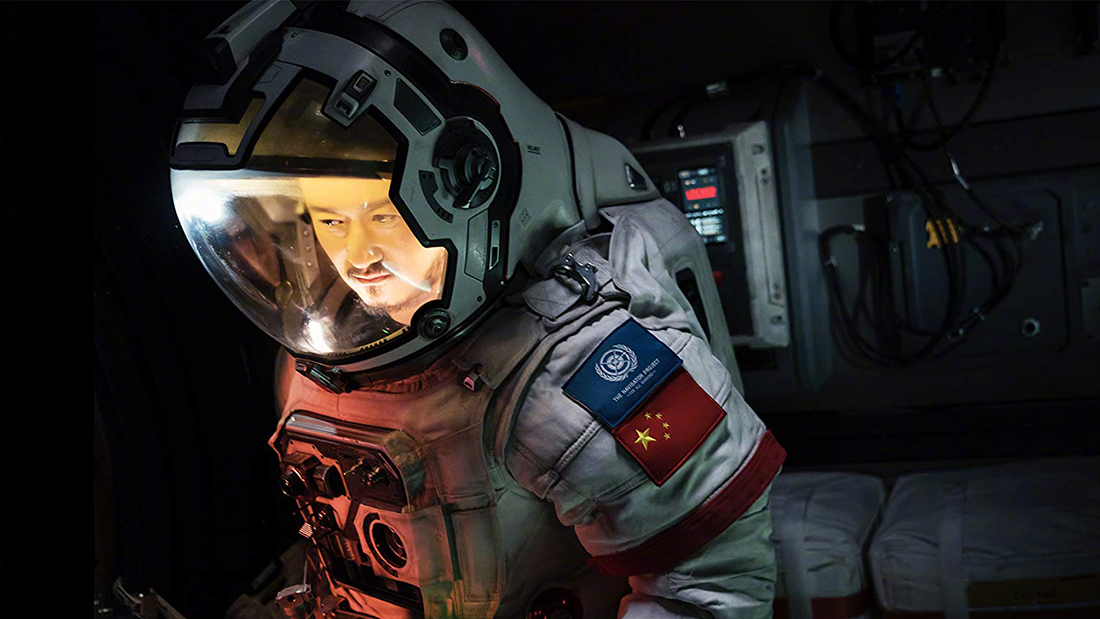
A Long Journey
After 2500 years in search of a new solar system, teamwork becomes essential to fight for the survival of the planet and the species. Actor Jing Wu portrays Liu Peiqiang in "The Wandering Earth."

Accepting the Call
A group of young people rise to the call of contending with a frozen Earth traveling the cosmos to find a new home. Actor Jing Wu, as Liu Pieqiang, somberly assumes responsibility for the mission.

Teamwork
Actors Guangjie Li, as Wang Lei, and Chuxiao Qu, as Liu Qi, prepare for a mission in "The Wandering Earth."
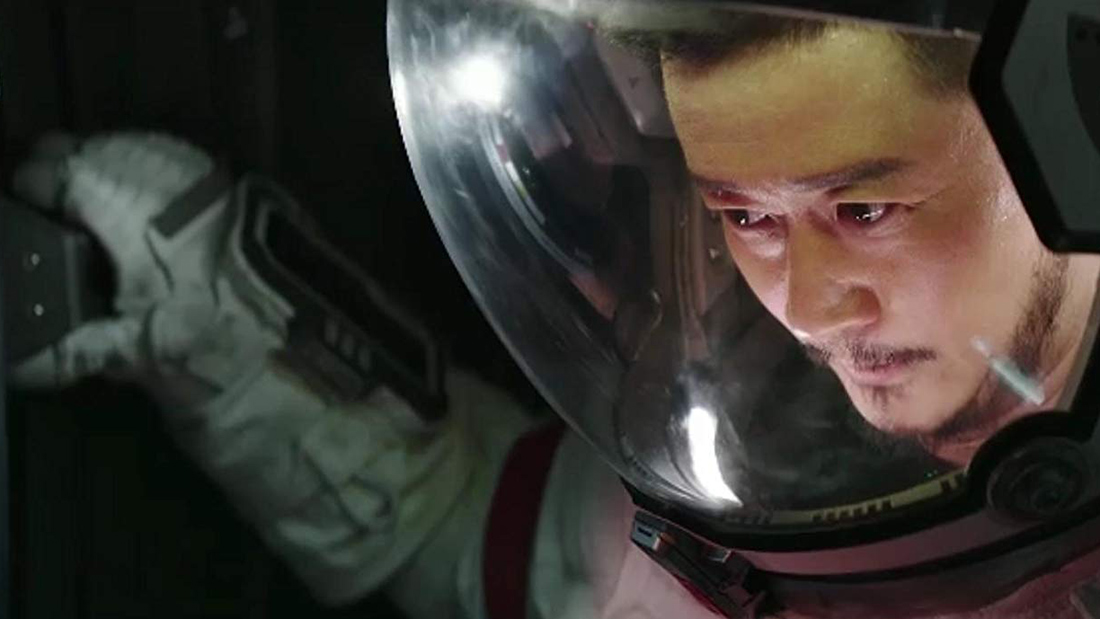
Mission-Minded Astronaut
A dying Sun brought a desperate decision to earthlings — stay and die or move and possibly survive. Giant thrusters transform Earth into a planet-sized spacecraft to go in search of a new solar system to call home. Liu Peiqiang, played by Jing Wu, dons a spacesuit in the mission to save Earth.

A Serious Job
Actors Chuxiao Qu, left, and Jin Mai Jaho, portraying Liu Qi and Han Duoduo, contemplate their mission in "The Wandering Earth."

Not So Welcoming
On Earth's surface, actor Chuxiao Qu, as Liu Qui, looks at the remnants of a 2500 year old culture in "The Wandering Earth."

Humanity in the Balance
Wang Lei, played by actor Guangjie Li, watches as a serious situation grows more dire in "The Wandering Earth."

Frosty Missions
In "The Wandering Earth," actor Jin Mai Jaho, as an Duoduo, explores the frozen wasteland that is Earth.
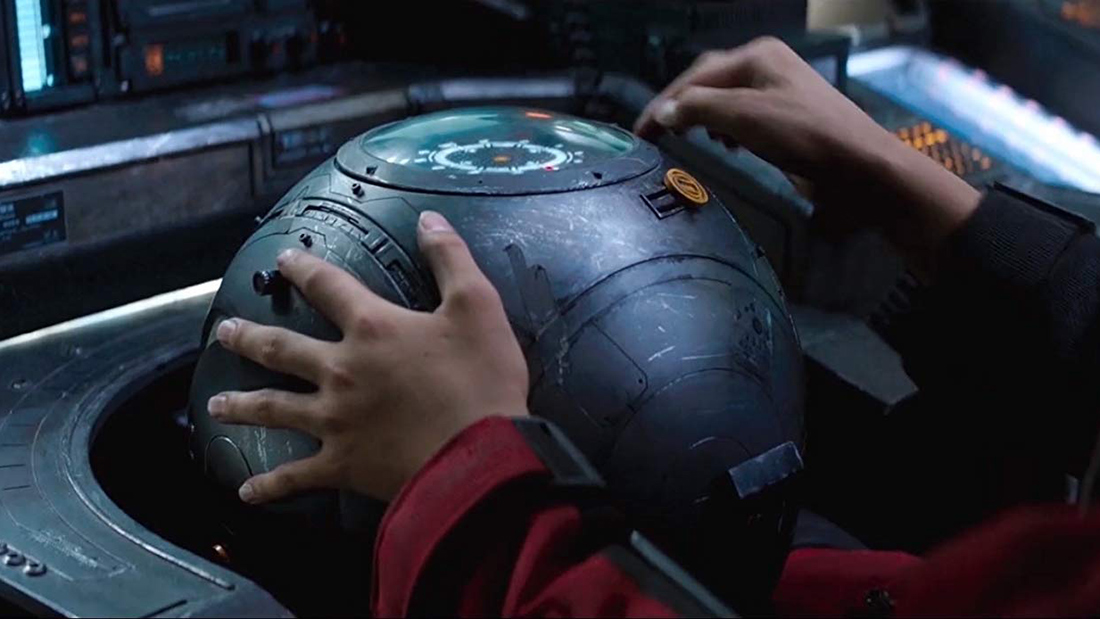
Tech Challenges
Technology on this cosmic is not always helpful, in "The Wandering Earth."
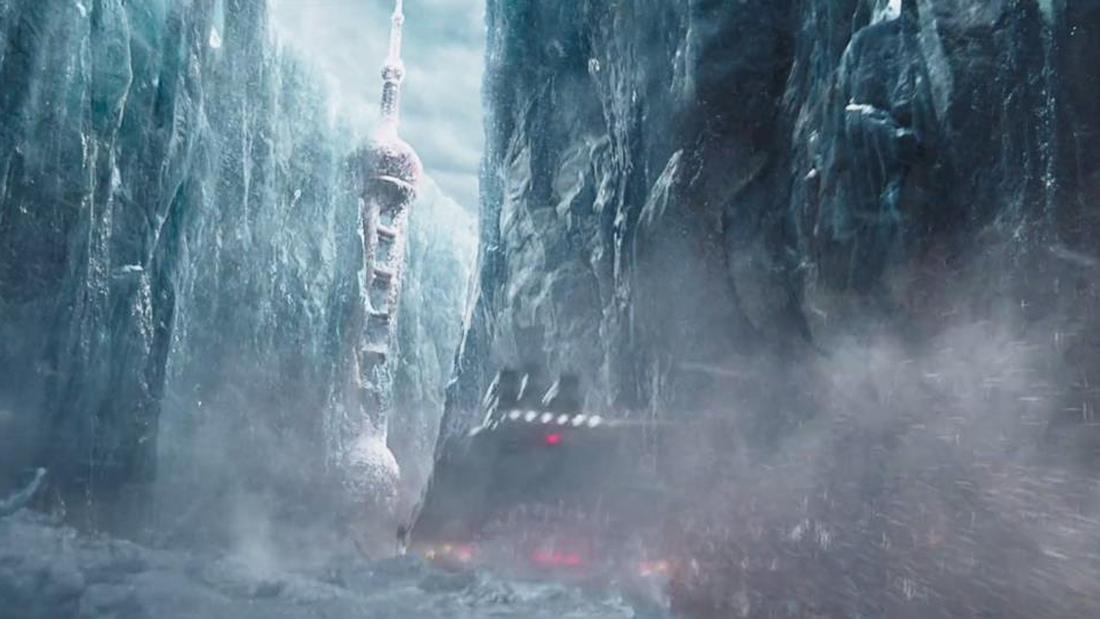
Icy Tundra
Earth's frozen crust offers little help to the valiant team tasked with completing the journey to a new star system in "The Wandering Earth."

Frozen Civilizations
In the task of completing Project Wandering Earth, the brave team members face an antagonistic Earth.

Base Camp
The teams travel the frozen landscape in all-terrain vehicles to complete their missions in "The Wandering Earth."

Unexpected Dangers
It will take over 2500 years and and a distance 4.5 light years for Earth and its inhabitants to complete Project Wandering Earth and many unexpected hazards put the journey in jeopardy.

Ice-Bound Earth
Without the warmth of the Sun, Earth freezes, leaving a less-than-welcoming atmosphere for the courageous team to traverse.
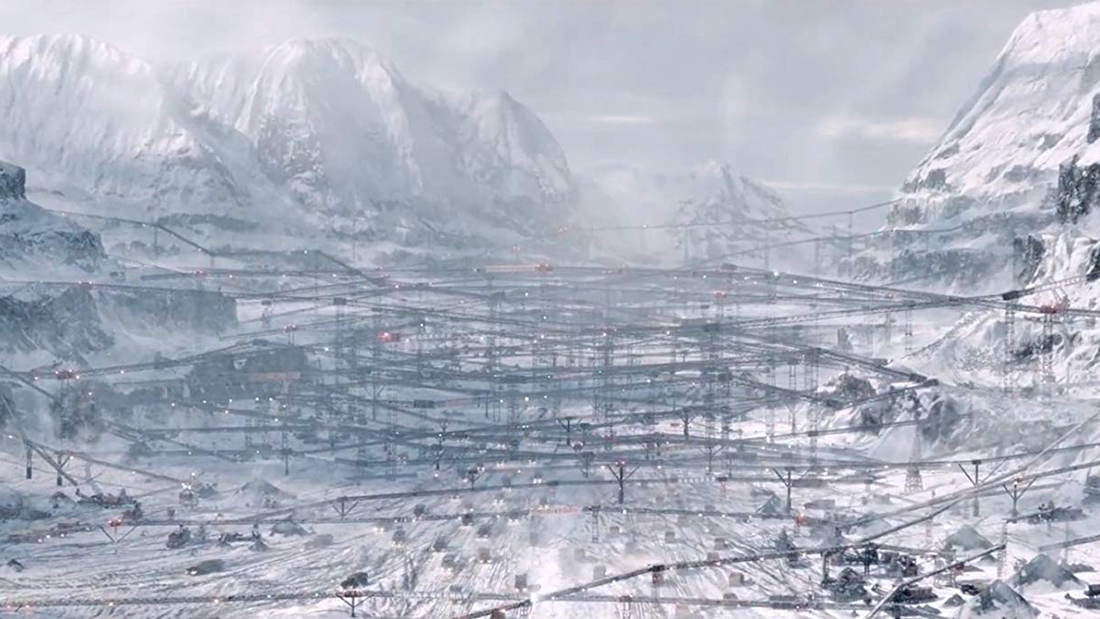
Unknown Earth
Traveling from the Milky Way to another solar system proved more dangerous than the scientists anticipated. Though humanity is hidden away deep inside the Earth, a group of brave souls ventures outside.
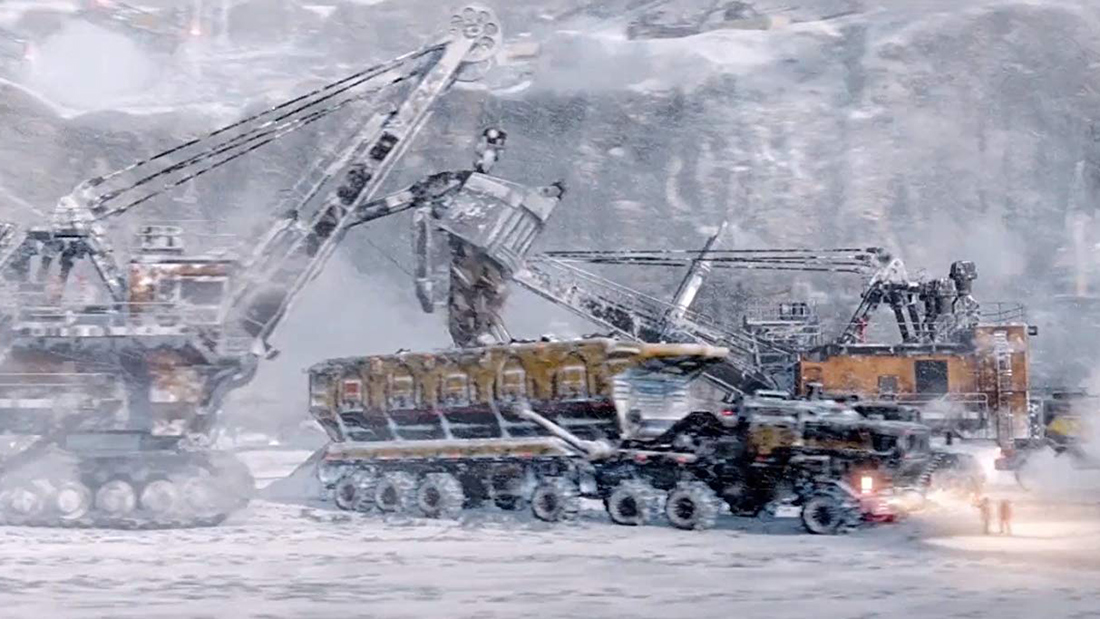
Traveling to a New Home
In "The Wandering Earth" thousands of infusion thrusters maneuver our (formerly) Blue Planet through the Universe to a new home.
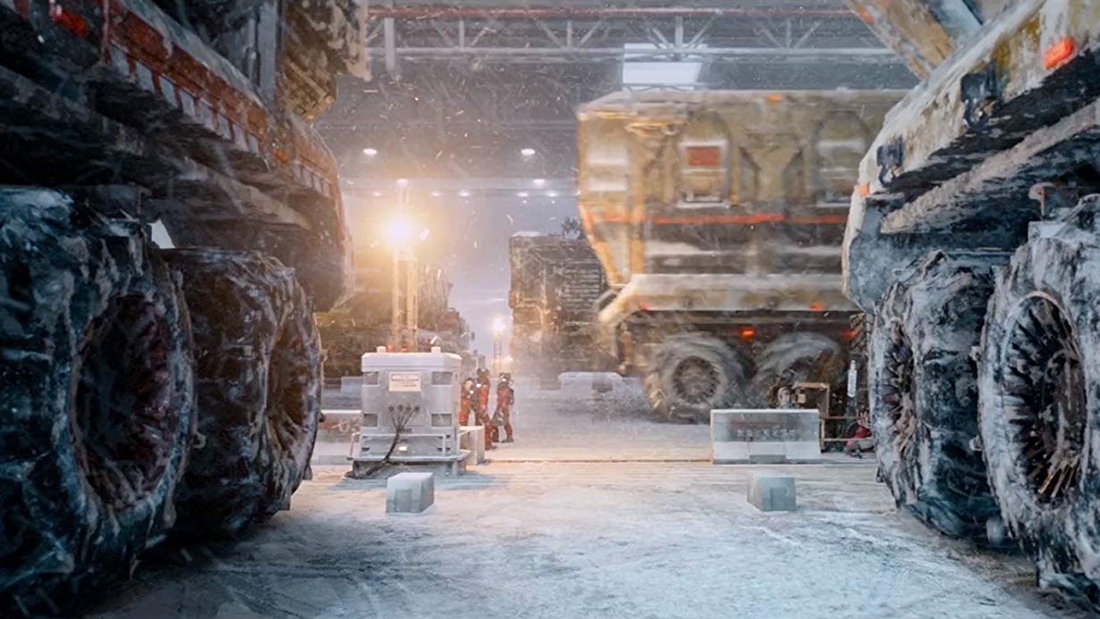
Working the Vehicles
A 4.5 light year journey, lasting 2,500 years requires more than the planners expected in "The Wandering Earth."
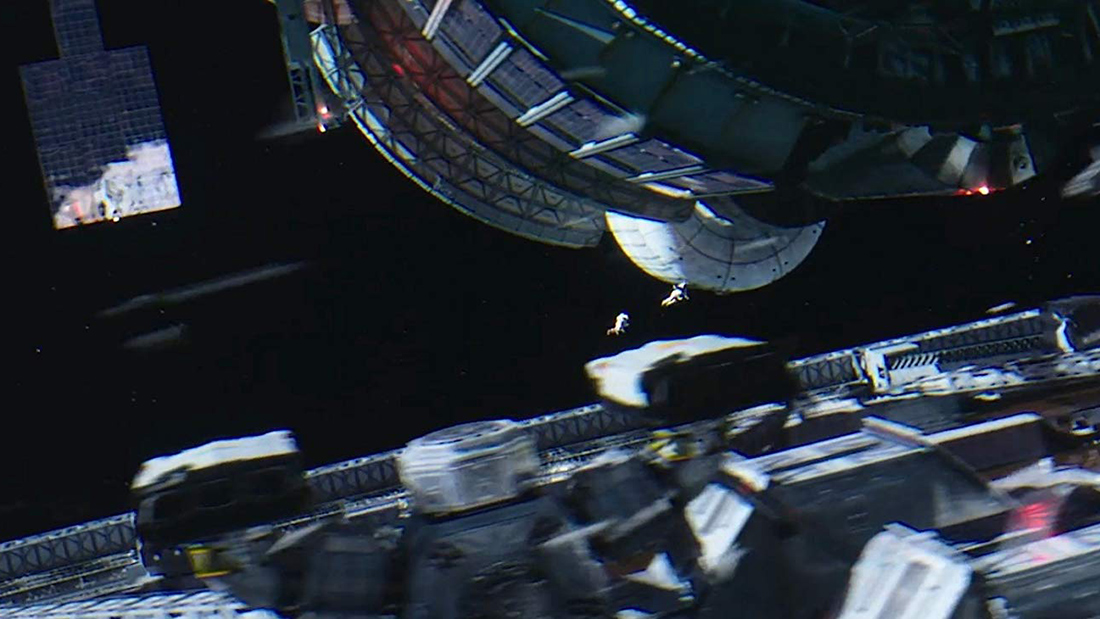
Unhelpful AI
Aboard a space station, a troubling AI system named MOSS gives astronauts fits as they try to complete their mission.
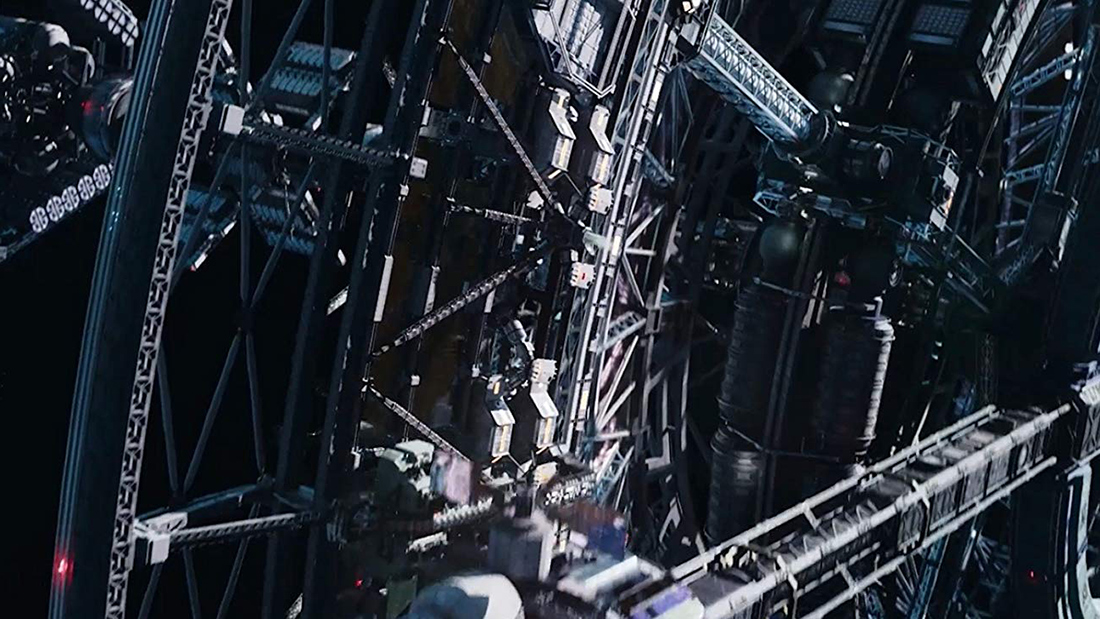
Problems in Orbit
In a remote space station, astronauts work to aide the cosmic journey of Earth and its population.

Engines of Change
Thousands of infusion-powered thrusters move Earth to its destination 4.5 light years away.
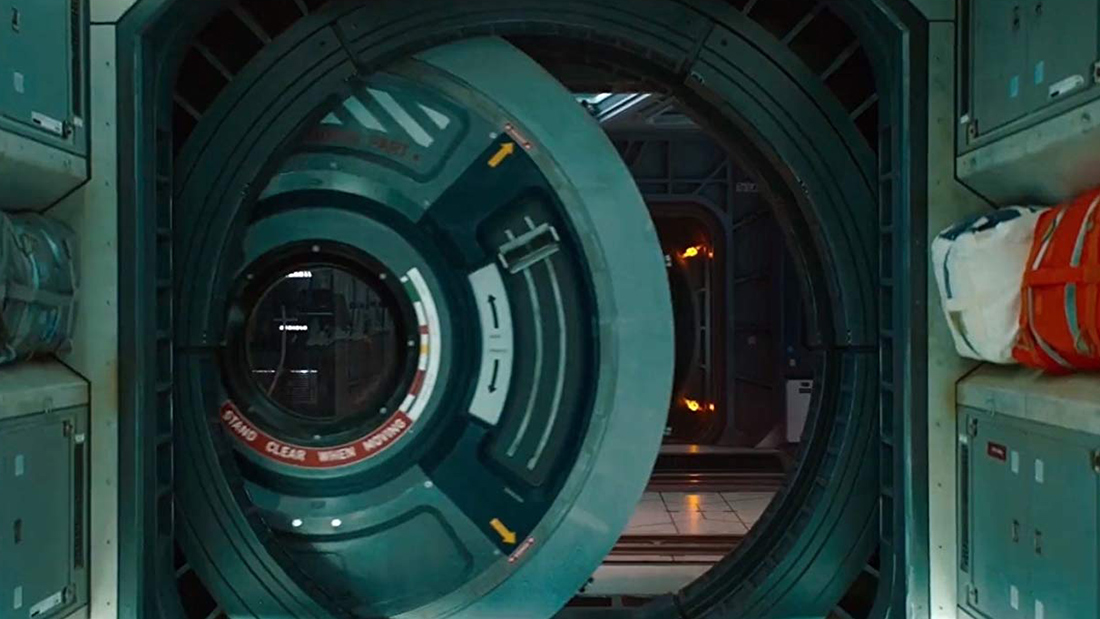
Separating Sections
Aboard the remote space station, astronauts must respond quickly to unplanned events to save Earth's odyssey, Earth and its peoples.

Troublesome Sentience
MOSS, a computer program aboard the space station, makes trouble for the astronauts involved in the unexpected mission to save Earth in "The Wandering Earth."

Fighting to Save Earth
In "The Wandering Earth," scientists use thousands of thrusters to move the planet away from its dying Sun into another star system 4.5 light years away.
- Jupiter's Great Red Spot Is Spectacular (and Weird) in This Juno Photo
- The Sun's Turbulent North Pole Looks Like a Spooky Vortex in This Composite Image
- Earth's Atmosphere: Composition, Climate & Weather
Follow Doris Elin Salazar on Twitter @salazar_elin. Follow us on Twitter @Spacedotcom and on Facebook.

Doris is a science journalist and Space.com contributor. She received a B.A. in Sociology and Communications at Fordham University in New York City. Her first work was published in collaboration with London Mining Network, where her love of science writing was born. Her passion for astronomy started as a kid when she helped her sister build a model solar system in the Bronx. She got her first shot at astronomy writing as a Space.com editorial intern and continues to write about all things cosmic for the website. Doris has also written about microscopic plant life for Scientific American’s website and about whale calls for their print magazine. She has also written about ancient humans for Inverse, with stories ranging from how to recreate Pompeii’s cuisine to how to map the Polynesian expansion through genomics. She currently shares her home with two rabbits. Follow her on twitter at @salazar_elin.
